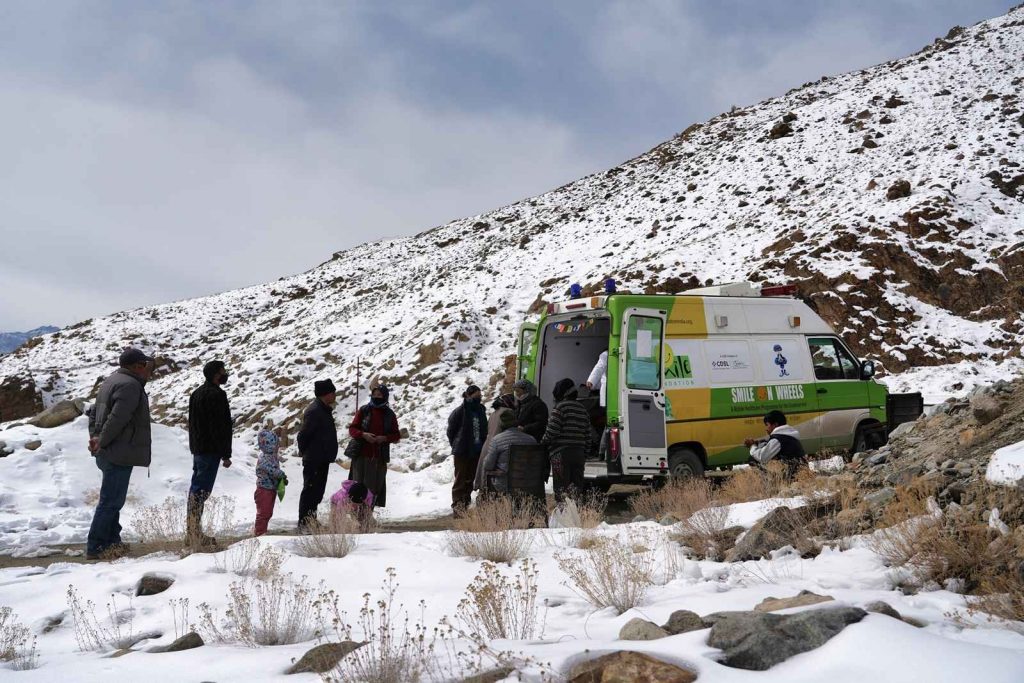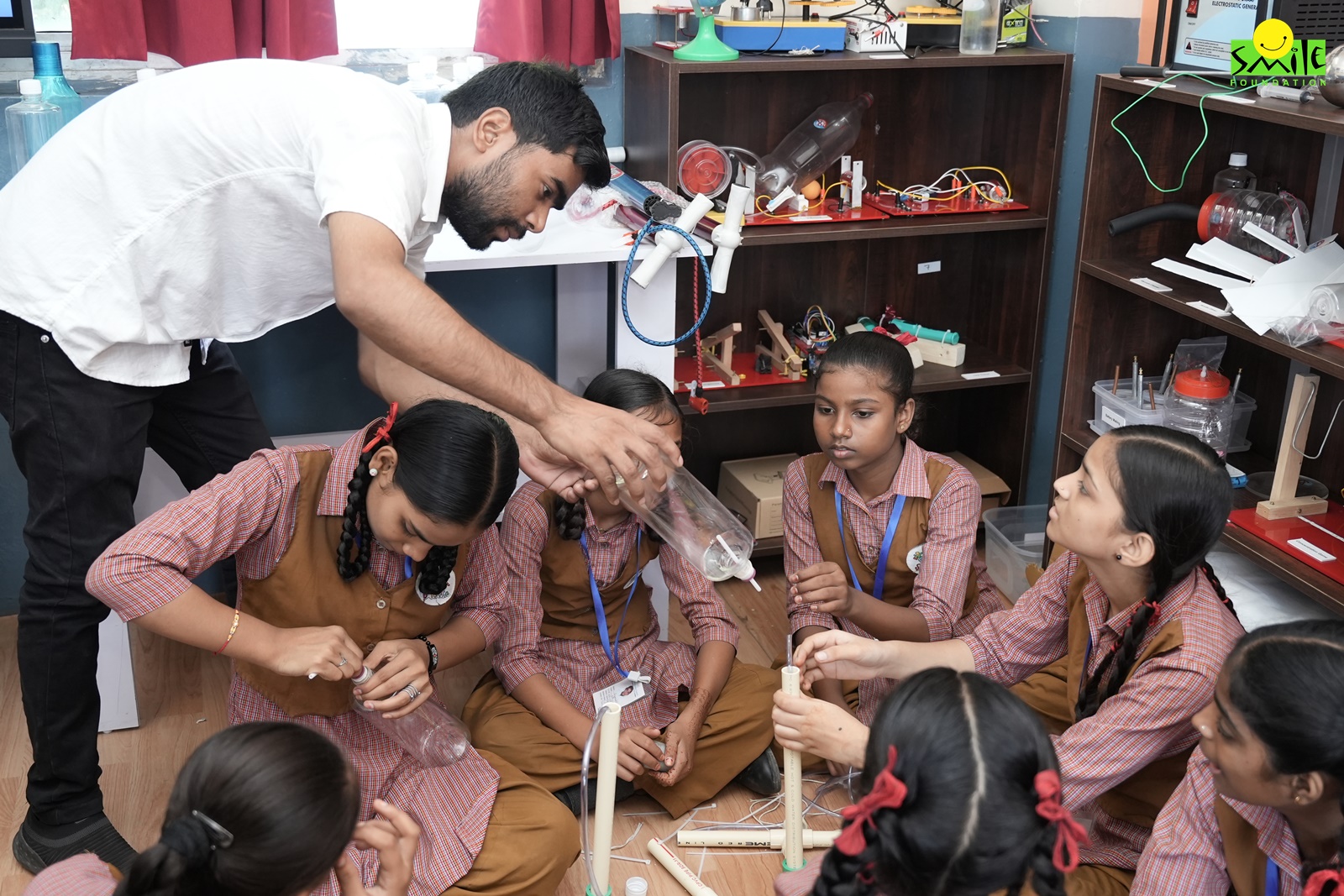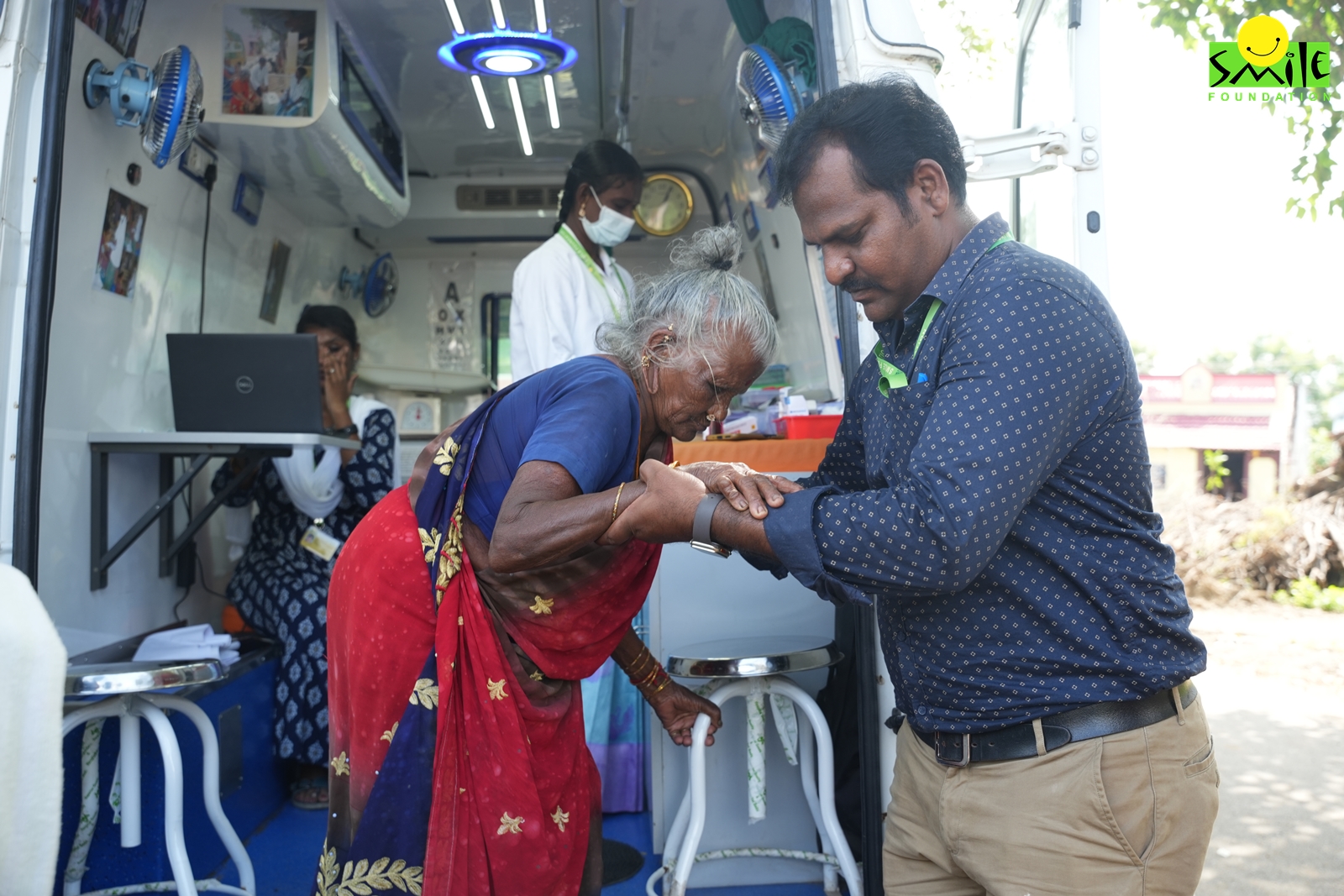There is a four-word word that becomes haunting for India when it comes to healthcare expenditure. The word is ‘just’. For the year 2023-24, the revised estimate for healthcare is just 0.27 per cent of the Gross Domestic Product (GDP), partially declining from 0.29 of the year before.
While presenting the Interim Budget 2024, Nirmala Sitharaman pointed strongly towards strengthening the healthcare system. The establishment of more medical colleges and utilising existing hospital infrastructure were proposed by her.
Following a multi-pronged approach, the needs of those needing care and those providing care are both looked into. She announced the encouragement of cervical cancer vaccination for girls aged 9-14 and streamlining healthcare cover to all ASHA workers, Anganwadi workers and helpers under the Ayushman Bharat scheme in the healthcare plans of this financial year.
What makes us worry about healthcare in India?

The data of 2022 healthcare expenditure makes things concerning for the nation. India spent way lesser than other developing nations like Chile, Colombia, Costa Rica and Mexico in healthcare- a number that interferes with our big dream of surpassing USA as the second-largest economy by 2040.
Economists, policymakers, and other concerned individuals and organisations have pointed out why less healthcare expenditure is not a good thing for the common (wo)man and their needs. Good health directly translates into better education and livelihood opportunities- factors that shape up the life of a child into a contributing adult.
Does this mean that the state is not concerned with the health of its citizens? The answer is no. The post-Covid era steered us all, including the government, towards renewed focus on strengthening healthcare initiatives and systems, but India still stands at a critical juncture.
Yes, substantial investments and multi-stakeholder interest have helped the cause of the Indian health care sector. However, every rupee spent needs to be translated into lived improvements in healthcare Accessibility, Availability and Affordability (AAA).
This is where Smile Foundation felt that they could step in through CSR partnerships and government convergence. As of now, we are reaching 10,00,000+ children and their families in more than 700 slum areas and rural remote parts of India.
Here is how we did it
Access to quality healthcare is a fundamental right, yet it remains out of reach for many people living in slums and remote rural areas of developing countries. We address this issue through our innovative healthcare initiatives. These initiatives include mobile medical units, telemedicine, oral and dental care and health camps, all aimed at ensuring that quality healthcare reaches the underserved populations.
Mobile Medical Units: Bringing Healthcare to Doorsteps
Our mobile medical units (MMUs) named Smile on Wheels (SoWs)cater to slum dwellers and rural populations who often lack access to nearby healthcare facilities. These units travel to remote areas, providing essential medical services such as general health check-ups, diagnostic services and treatment for common ailments.
The success of these SoWs lies in their ability to bring healthcare directly to the doorsteps of those in need, eliminating the barriers of distance and transportation costs. This approach not only improves healthcare accessibility but also significantly reduces out-of-pocket expenditure for impoverished communities.
Recently, we reached a milestone of 100 SoWs- it is a big feather in our cap.Telemedicine: Leveraging Technology for Better Health
Telemedicine emerged as a crucial component of our healthcare strategy, especially in the wake of the recent pandemic. By leveraging mobile networks and other technological tools, we provide continuous healthcare delivery to remote and underserved areas.
Telemedicine facilitates remote consultations, follow-ups and even prescriptions, bridging the gap between patients and healthcare providers. This technological intervention has proven particularly beneficial for managing chronic conditions and providing specialist consultations, which would otherwise be inaccessible to these populations.
Oral and Dental Care: Addressing Neglected Health Needs
Oral and dental health often receive less attention compared to other health issues, yet they are important to our overall well-being. Our Health Cannot Wait mindset focus on oral and dental care involves conducting regular dental camps, providing preventive care and treating dental problems in slums and rural areas. These services not only improve oral health but also contribute to better nutrition and overall health, as dental issues can affect eating habits and nutritional intake.
Health Camps: Comprehensive Healthcare Services
Health camps organised by us offer a holistic approach to healthcare by providing a range of services in one location. These camps include general health check-ups, maternal and child health services, immunisations, nutrition counseling and more.
By bringing together various healthcare services, these camps provide comprehensive care, addressing multiple health needs in a single visit. This integrated approach is particularly effective in village areas where people may not have the time or resources to visit multiple healthcare providers.
What are we hoping to achieve by our healthcare initiatives?
Pushing down out-of-pocket healthcare expenses
One of the key objectives is to reduce the financial burden on the poor. High out-of-pocket healthcare expenditures can drive families deeper into poverty. By providing free healthcare services, the initiative alleviates this financial strain. Services like free health check-ups, discounted medicines, and affordable diagnostic tests give access to necessary medical care to even the poorest without incurring significant costs.
Intersectionality of Good Health and Better Adult Lives
Good health is a cornerstone of a better life, impacting the well-being and socio-economic status of an individual. Healthy individuals are more likely to be economically productive. They can work more efficiently, miss fewer days of work due to illness and have longer careers. By ensuring access to healthcare, they maintain their health, thereby enhancing their economic productivity and ability to support their families.
Healthier adults are better able to support the education of their children. They can afford school fees, provide a conducive learning environment, and ensure that their children attend school regularly. Moreover, when parents are healthy, children are less likely to miss school to care for sick family members.
Social Well-being
Good health enhances social well-being by enabling individuals to participate fully in community activities and social networks. Healthy adults can engage in social gatherings, community decision-making and support networks. This contributes to a more cohesive and supportive community environment.
Psychological Health
Access to healthcare and the assurance of good health contribute to better mental health. Knowing that they can receive medical attention when needed reduces anxiety and stress among individuals. This psychological well-being is crucial for maintaining a positive outlook on life and the ability to handle life’s challenges effectively.
Quality of Life
Ultimately, good health translates to a better quality of life. It allows individuals to enjoy their daily activities, pursue hobbies and engage in meaningful relationships without the constant burden of illness. We customise our healthcare projects so that even the most marginalised can aspire to a life of dignity and fulfillment.
As we look to the future, we seek more fruitful and impactful CSR partnerships and individual donation giving to support and expand our healthcare initiatives to ensure that everyone, regardless of their socio-economic status, has access to the healthcare they need to lead better, healthier lives.









